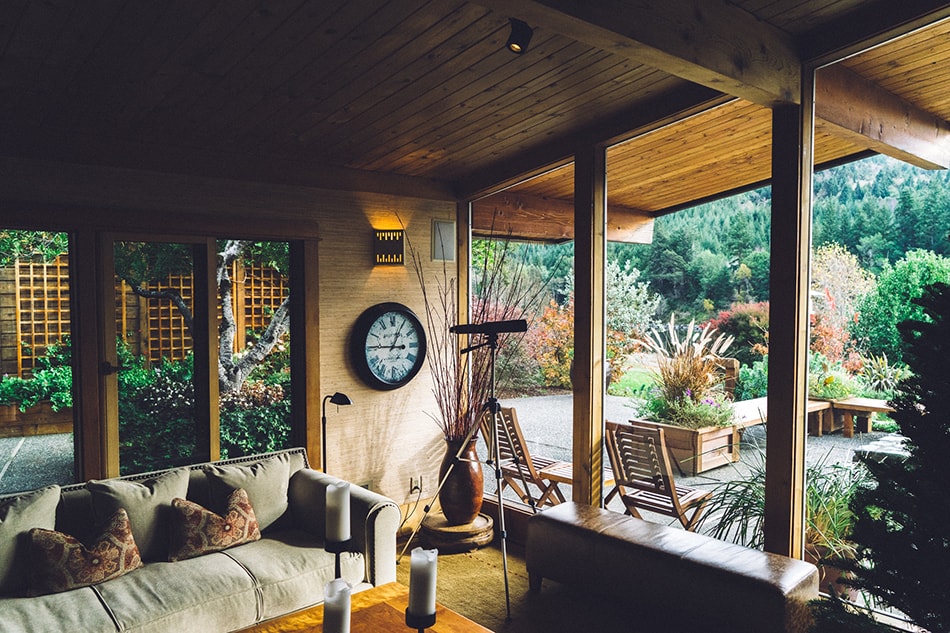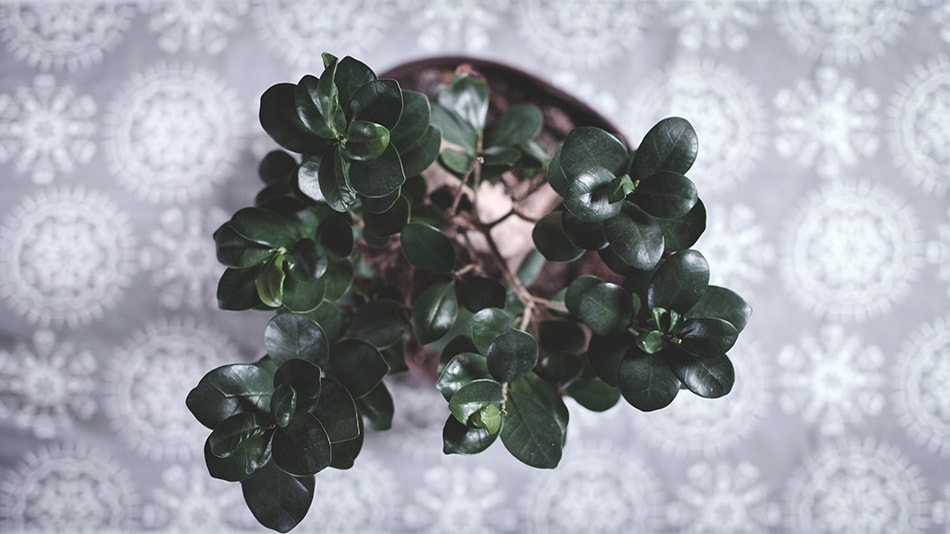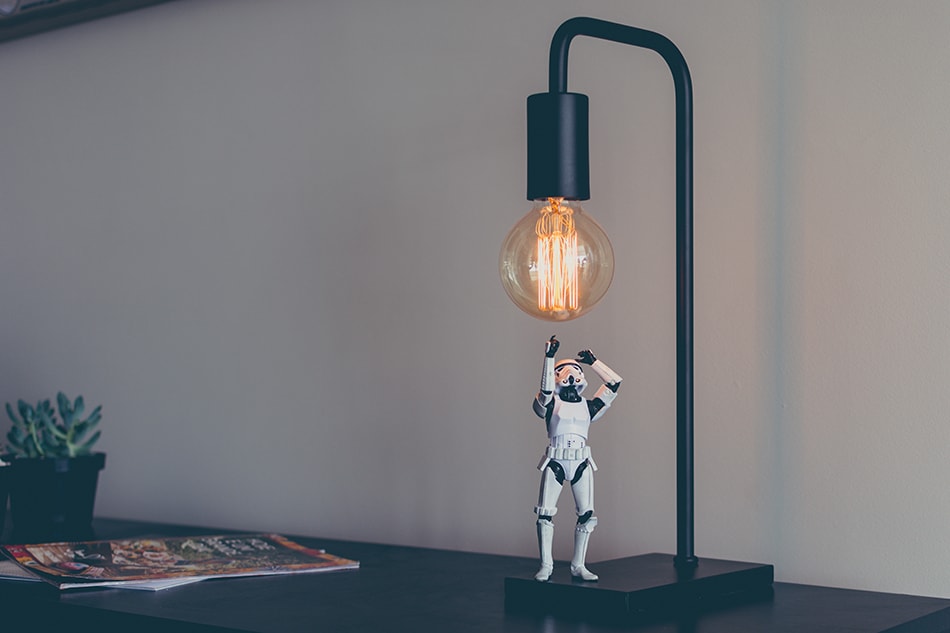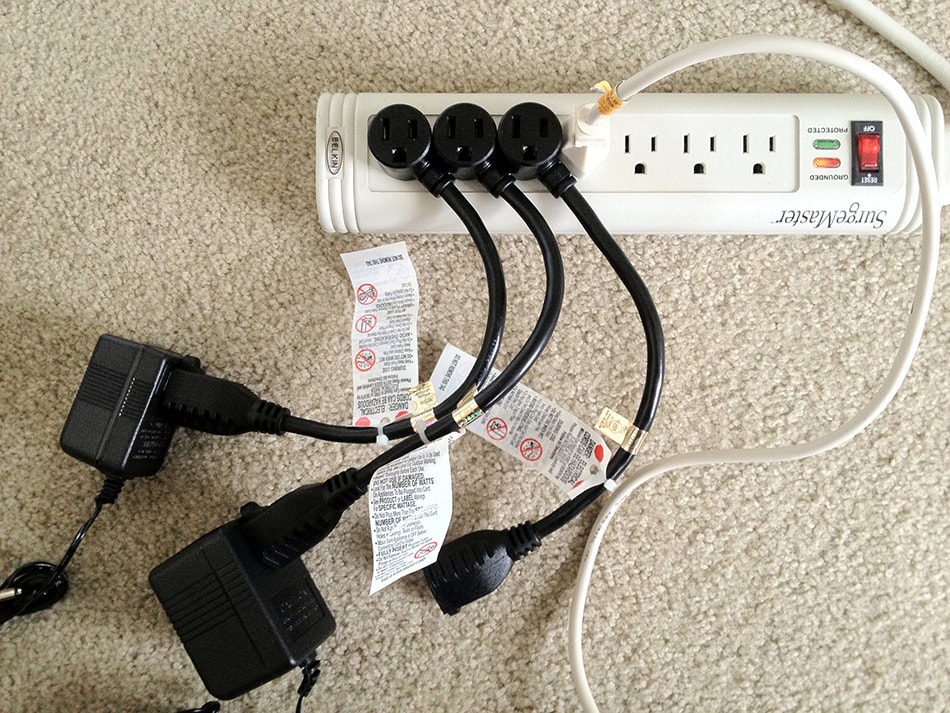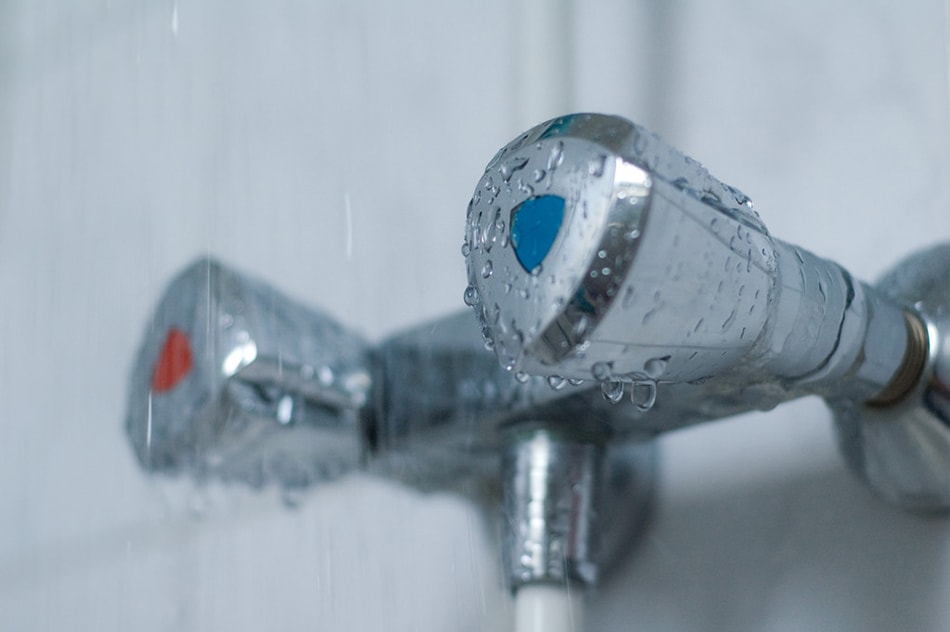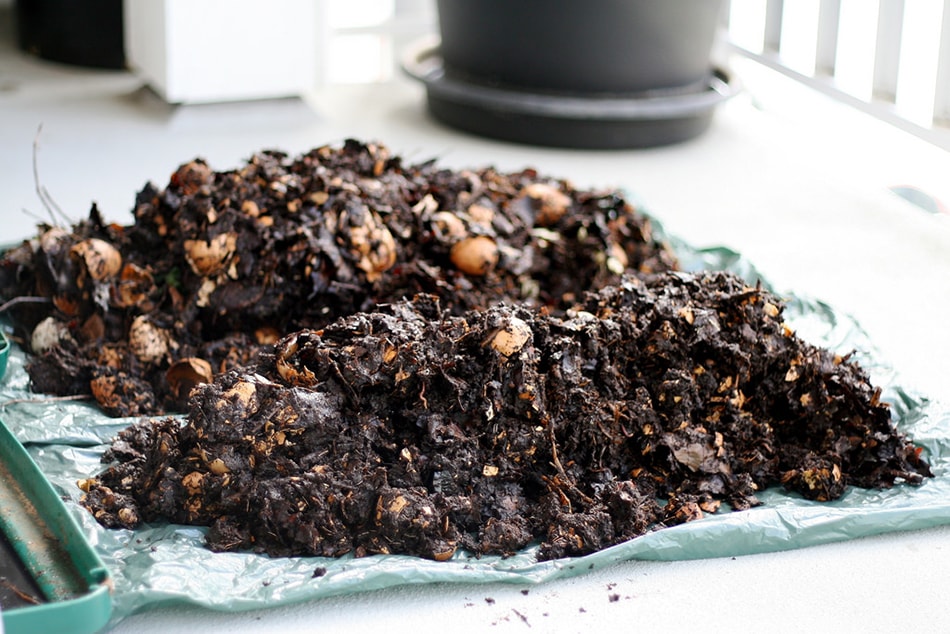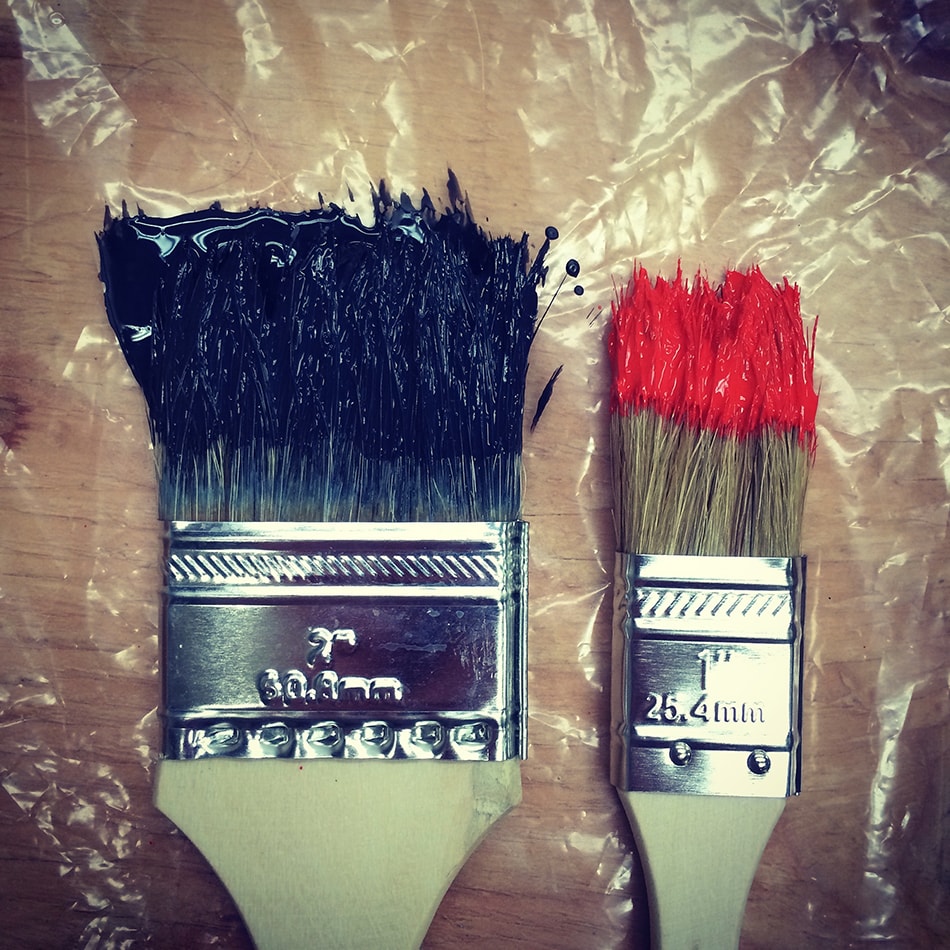As eco-awareness increases, we start paying attention to different ways of improving our home's eco-friendliness. The best part? It's not just the environment that benefits when you choose eco homes, as eco-homes environmentally can also save you money and improve your health. All you need to do is make a few conscious decisions and rest assured you’ll provide a safe and happy home for you and your family.
Here are 8 easy ways to turn your home into an eco-friendly haven.
